32 results in South Asia in the Social Sciences
Becoming Allies
- Civil Rights Activism in India
- Coming soon
-
- Expected online publication date:
- August 2025
- Print publication:
- 01 October 2026
-
- Book
- Export citation
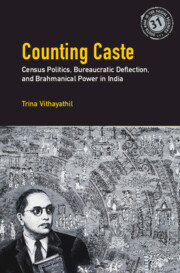
Counting Caste
- Census Politics, Bureaucratic Deflection, and Brahmanical Power in India
- Coming soon
-
- Expected online publication date:
- April 2025
- Print publication:
- 30 June 2025
-
- Book
- Export citation

The Backstage of Democracy
- India's Election Campaigns and the People Who Manage Them
-
- Published online:
- 28 November 2024
- Print publication:
- 09 January 2025
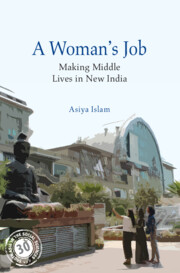
A Woman's Job
- Making Middle Lives in New India
-
- Published online:
- 28 November 2024
- Print publication:
- 02 January 2025
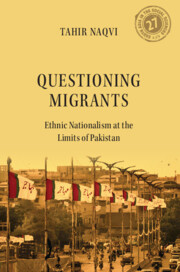
Questioning Migrants
- Ethnic Nationalism at the Limits of Pakistan
-
- Published online:
- 13 November 2024
- Print publication:
- 23 January 2025
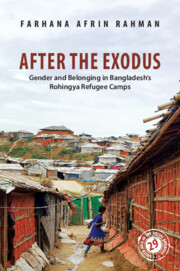
After the Exodus
- Gender and Belonging in Bangladesh's Rohingya Refugee Camps
-
- Published online:
- 13 November 2024
- Print publication:
- 23 January 2025
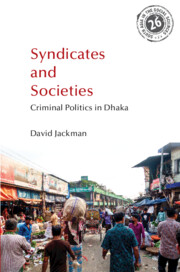
Syndicates and Societies
- Criminal Politics in Dhaka
-
- Published online:
- 31 August 2024
- Print publication:
- 06 March 2025
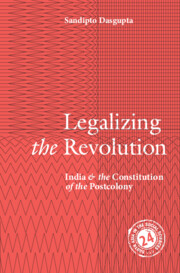
Legalizing the Revolution
- India and the Constitution of the Postcolony
-
- Published online:
- 07 May 2024
- Print publication:
- 24 October 2024
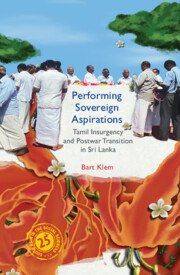
Performing Sovereign Aspirations
- Tamil Insurgency and Postwar Transition in Sri Lanka
-
- Published online:
- 30 April 2024
- Print publication:
- 21 November 2024
-
- Book
-
- You have access
- Open access
- Export citation
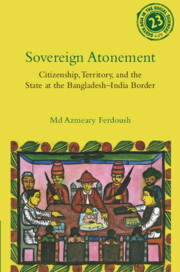
Sovereign Atonement
- Citizenship, Territory, and the State at the Bangladesh-India Border
-
- Published online:
- 30 April 2024
- Print publication:
- 21 November 2024

Memories in the Service of the Hindu Nation
- The Afterlife of the Partition of India
-
- Published online:
- 25 October 2023
- Print publication:
- 16 November 2023
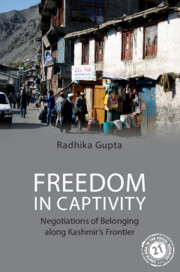
Freedom in Captivity
- Negotiations of Belonging along Kashmir's Frontier
-
- Published online:
- 10 January 2023
- Print publication:
- 11 May 2023
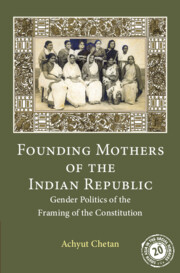
Founding Mothers of the Indian Republic
-
- Published online:
- 27 September 2022
- Print publication:
- 05 January 2023
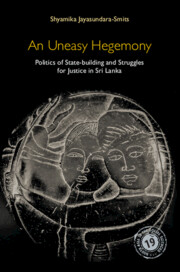
An Uneasy Hegemony
- Politics of State-building and Struggles for Justice in Sri Lanka
-
- Published online:
- 29 July 2022
- Print publication:
- 10 November 2022
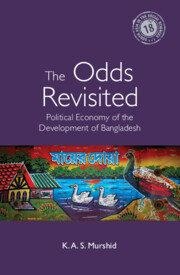
The Odds Revisited
- Political Economy of the Development of Bangladesh
-
- Published online:
- 30 June 2022
- Print publication:
- 10 November 2022
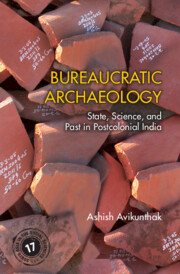
Bureaucratic Archaeology
- State, Science, and Past in Postcolonial India
-
- Published online:
- 20 August 2021
- Print publication:
- 09 December 2021
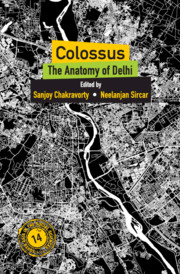
Colossus
- The Anatomy of Delhi
-
- Published online:
- 31 July 2021
- Print publication:
- 09 December 2021
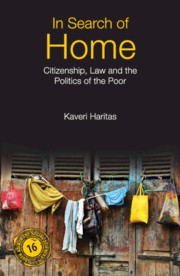
In Search of Home
- Citizenship, Law and the Politics of the Poor
-
- Published online:
- 24 July 2021
- Print publication:
- 07 October 2021
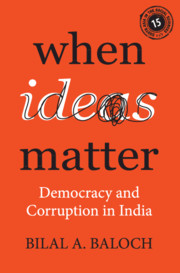
When Ideas Matter
- Democracy and Corruption in India
-
- Published online:
- 30 June 2021
- Print publication:
- 07 October 2021
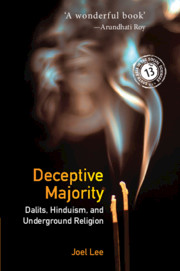
Deceptive Majority
- Dalits, Hinduism, and Underground Religion
-
- Published online:
- 15 February 2021
- Print publication:
- 15 April 2021


